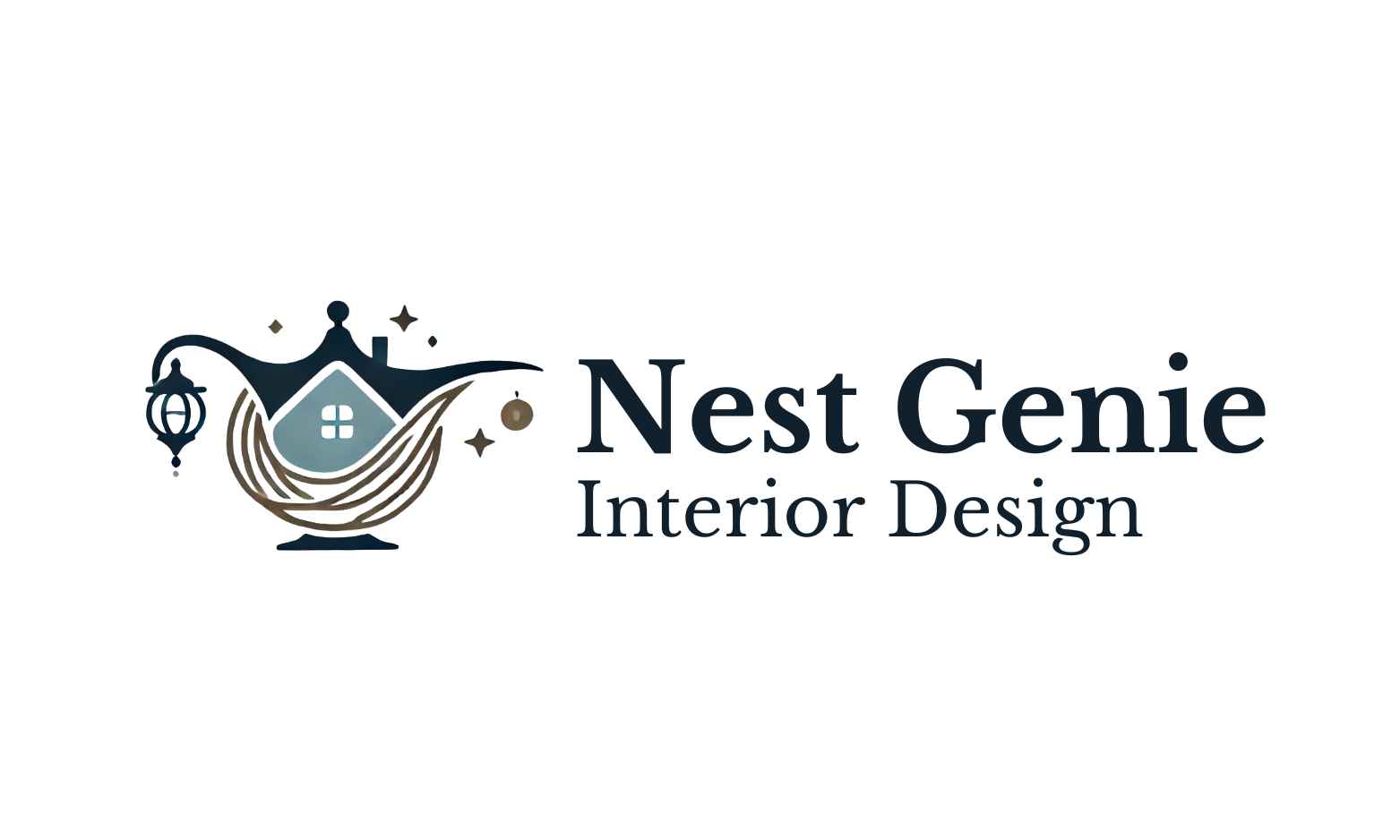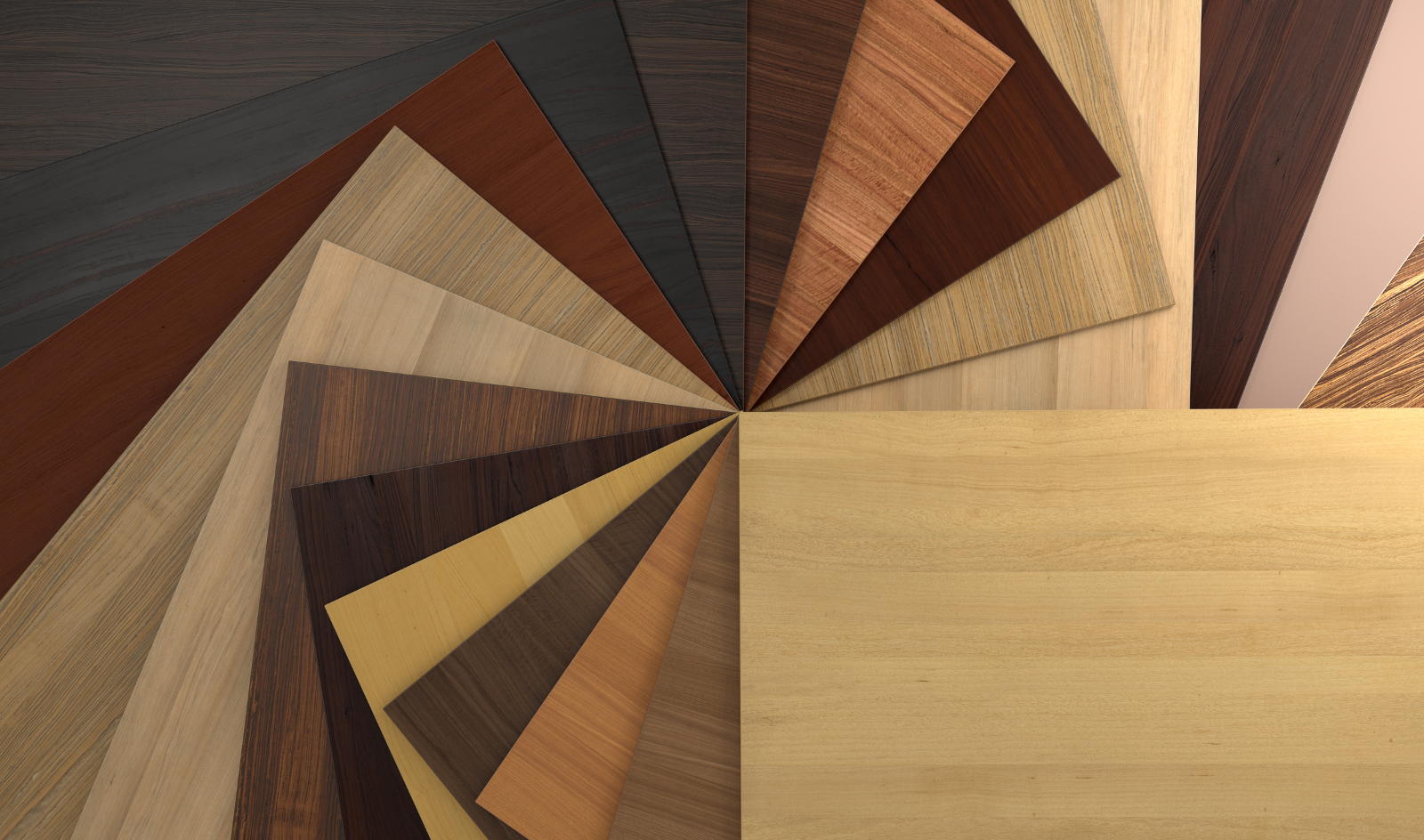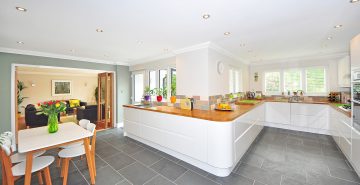Understanding Particle Board, MDF, and Plywood: A Comprehensive Guide
A Nest Genie Interiors Resource Guide
Introduction
When planning your home interiors, choosing the right wood material is crucial for durability, aesthetics, and value for money. This comprehensive guide breaks down the key differences between Particle Board, Medium Density Fiberboard (MDF), and Plywood to help you make informed decisions for your interior projects.
Material Comparison
|
Feature |
Particle Board |
MDF (Medium Density Fiberboard) |
Plywood |
|
Composition |
Made from compressed wood particles and resin |
Engineered from fine wood fibers compressed with wax and resin |
Multiple thin wood layers bonded together under pressure |
|
Density |
600-680 kg/m³ |
600-800 kg/m³ |
500-700 kg/m³ |
|
Cost Range |
Most Economical (₹30-50/sq ft) |
Moderate (₹50-80/sq ft) |
Premium (₹80-150/sq ft) |
|
Moisture Resistance |
Poor – Swells easily |
Moderate |
Excellent (BWR/BWP Grade) |
|
Durability |
3-5 years |
5-7 years |
10-15 years |
|
Screw Holding Capacity |
Poor |
Good |
Excellent |
|
Weight |
Light |
Medium |
Heavy |
|
Edge Finishing |
Average |
Excellent |
Good |
|
Paint/Laminate Finish |
Fair |
Excellent |
Good |
Best Applications
Particle Board
-
-
- Low-traffic areas
- Budget furniture
- Temporary storage solutions
- Straight design applications
- Display units
- Office furniture
-
MDF (Medium Density Fiberboard)
-
-
- Designer wall panels
- Decorative moldings
- CNC-cut designs
- Kitchen cabinet doors
- Curved surfaces
- Painted finishes
-
Plywood
-
-
- Modular kitchen structures
- Heavy-duty wardrobes
- TV units
- Bathroom vanities
- Structural elements
- Load-bearing components
-
Material Selection Guide by Room
Kitchen
-
-
- Carcasses: BWP Plywood
- Shutters: MDF
- Countertop Support: Marine Grade Plywood
- Avoid: Particle Board in wet areas
-
Wardrobes
-
-
- Structure: Commercial Plywood
- Panels: MDF
- Internal Shelves: Particle Board (for budget options)
- Sliding Doors: MDF or Plywood
-
Living Area
-
-
- TV Units: Plywood for structure
- Display Units: MDF for decorative elements
- Storage Units: Mix of materials based on use
-
Maintenance Requirements
Particle Board
-
-
- Regular inspection for moisture damage
- Avoid wet cleaning
- Check for loose edges
- Replace damaged sections promptly
-
MDF
-
-
- Clean with dry cloth
- Protect edges from moisture
- Periodic hardware tightening
- Touch up paint as needed
-
Plywood
-
-
- Minimal maintenance required
- Check for termite infestation
- Clean with slightly damp cloth
- Periodic polish/varnish renewal
-
Cost Considerations
Initial Investment
-
-
- Particle Board: Lowest initial cost
- MDF: Mid-range investment
- Plywood: Highest upfront cost
-
Long-term Value
-
-
- Particle Board: May need replacement in 3-5 years
- MDF: Good value for decorative elements
- Plywood: Best long-term investment
-
Environmental Impact
Particle Board
-
-
- Uses recycled wood content
- Lower carbon footprint
- Less waste in production
-
MDF
-
-
- Uses virgin wood fibers
- Moderate environmental impact
- Efficient material use
-
Plywood
-
-
- Uses natural wood
- Higher resource consumption
- Longer lifespan offsets impact
-
Expert Tips for Selection
-
-
- Consider the room’s humidity levels
- Evaluate expected usage duration
- Account for load-bearing requirements
- Factor in design complexity
- Balance budget with longevity needs
-
Conclusion
Each material has its unique advantages and ideal applications. The key is selecting the right material for specific uses while considering factors like durability, cost, and application requirements.




